Automotive lidar’s role growing because of increased use of autonomous vehicles
Control Engineering
MAY 26, 2023
IDTechEx is predicting the automotive lidar market to grow to $8.4 Why lidar is important for automotive applications Various sensors are essential to enable ADAS and AV systems, including cameras, radars, ultrasonic systems, etc. The installation location and cleaning strategies are also discussed for actual adoption.

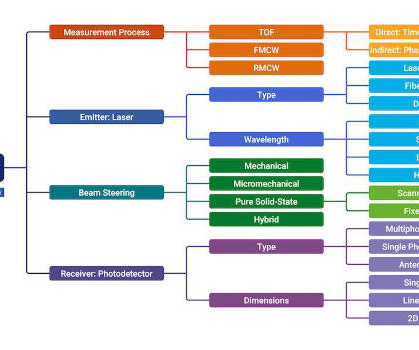
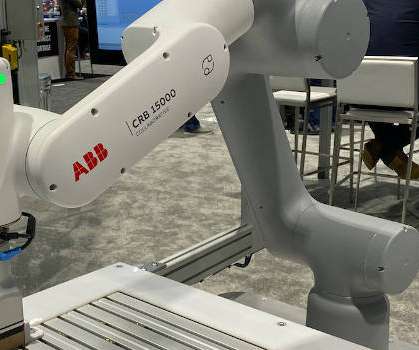
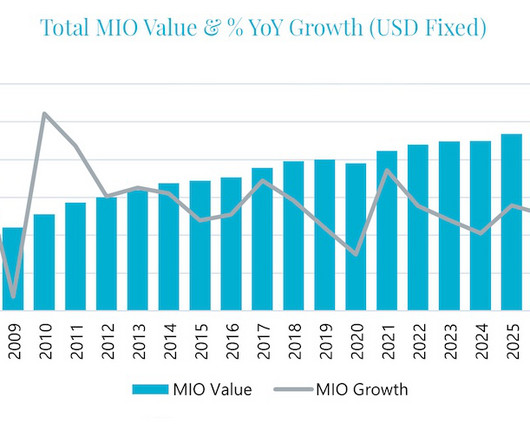

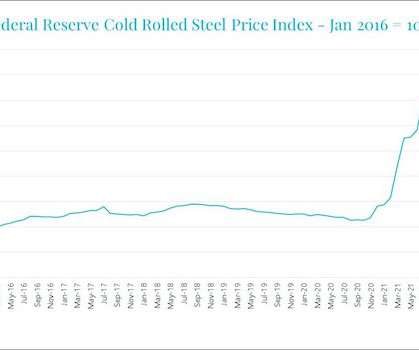
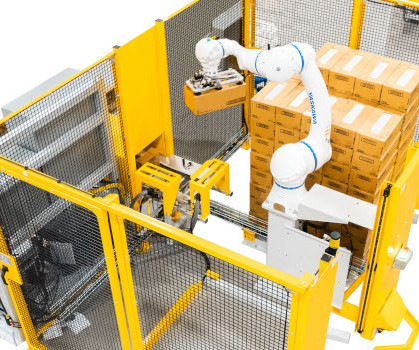
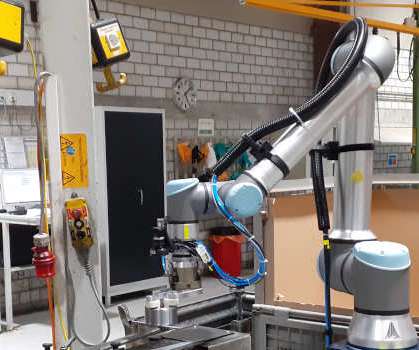
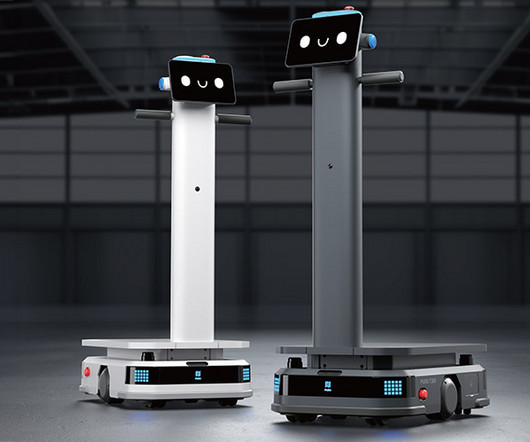
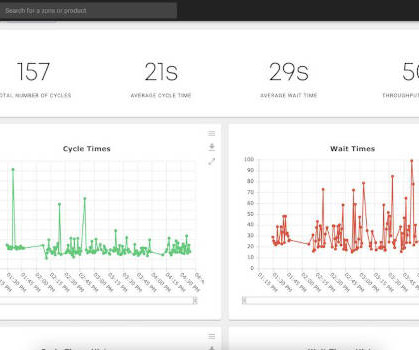






Let's personalize your content